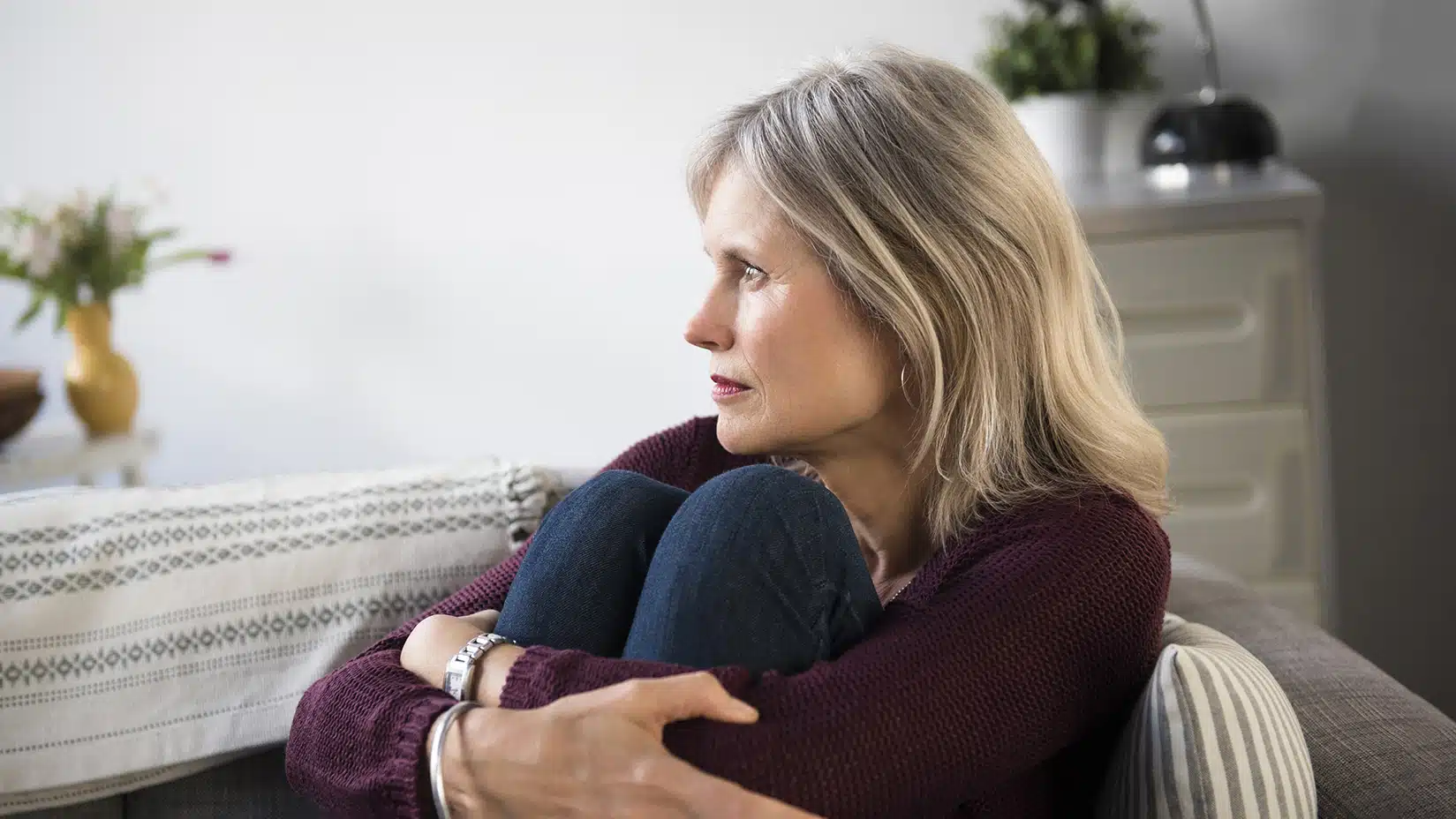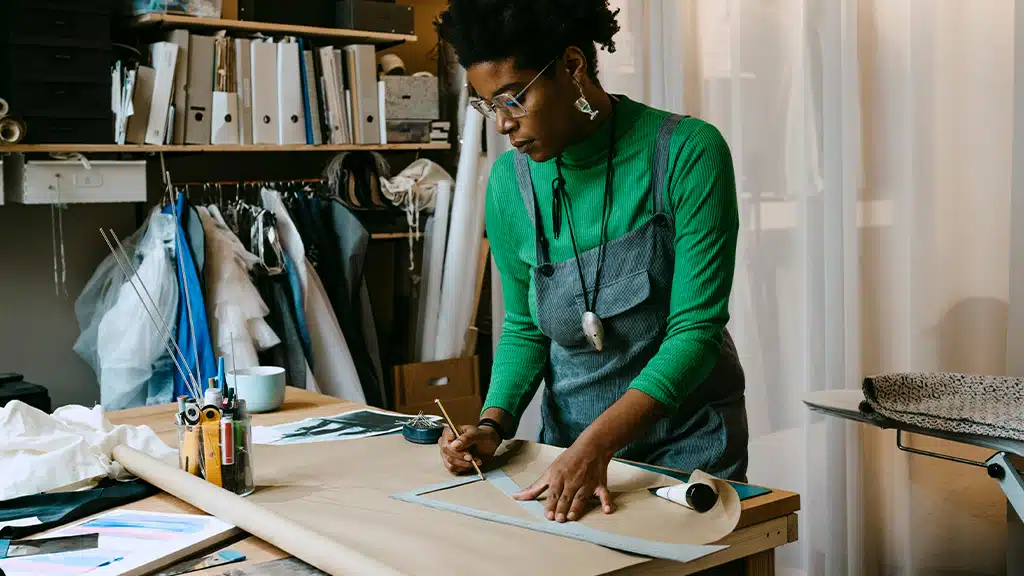Saprea > Online Healing Resources >Common Symptoms: Loneliness
Can Childhood Sexual Abuse Cause Loneliness?
Experiencing the trauma of sexual abuse as a child can have long-lasting psychological effects, even well into adulthood.1 Since the abuse involved another person(s), survivors can endure severe emotional injuries like betrayal, self-hatred, and depression.2 These (and many other effects of abuse) can make it very difficult to connect with others or sustain meaningful relationships.
For most survivors of sexual abuse, the person who hurt them was someone they knew—someone who should have been protecting them. Because of this, the trauma of what physically happened, is compounded by feelings of deep emotional betrayal.2 Many feel additional betrayal when they disclose the abuse to someone who doesn’t respond helpfully or are betrayed by an imperfect justice system that didn’t serve them well.
Because the trauma occurred as their brain was developing, survivors of childhood sexual abuse may also encounter an additional difficulty—emotional numbness. Both during and after the abuse, your brain and body may have ingrained the message like “trusting is dangerous” and “connection leads to pain.” As a result, your brain naturally tries to find ways to avoid betrayal and abandonment in the future. Sometimes this means you become numb during relationships. For others, it might mean desperately clinging to relationships, even if the relationship becomes unhealthy. And for many, it means avoiding relationships altogether.
What Can Loneliness Look Like in the Lives of Survivors?
Taking opportunities for some “alone time” is a common prescription recommended by many individuals these days. One person might enjoy the solitude of visiting a calm mountain lake. A creative writer might choose to isolate themselves for a week while they dedicate their time and energy to focus on a special project. But the loneliness experienced by survivors is different than the productive alone time that others are familiar with. For many survivors, being alone is not enjoyable or helpful at all.3
examples
Is Connection Really Worth It?
Seeking to form new social relationships or deepen the ones you already have can feel daunting, and you may be tempted to ask, “Wouldn’t it be easier to heal on my own?”
It is common for those who experienced abuse to adopt this mentality, but the truthful answer is that complete healing simply cannot occur in isolation.4 Retreating from relationships was an important survival mechanism developed as a result of your abuse, but fully recovering from trauma will always involve allowing others to participate in your life and allowing them to show they will not violate your trust or vulnerability.
Not all social connection needs to take the same form.5 Romantic partners, community involvement, friendships, or therapeutic confidants might be the first images that come to mind, but finding your tribe can look differently for each individual. Nurturing your connections with others can lead to multiple benefits.
- Social support can help a survivor heal from many of the emotional side effects of child sexual trauma.6,7,8
- Greater social support leads to better health and a longer life.9
- Hearing others’ stories and advice can give you new perspectives on your own experience.
- Receiving validation from others can help improve self-esteem.6
- It gives you an opportunity to love and support others on their journey, which in itself can be healing.9
A Path to Healing Through Social Connection
Building healthy relationships and connections with others can be a key part of healing from past abuse. We all need support from individuals in our lives who we trust and who care about our wellbeing. If you are a survivor of childhood sexual abuse, this is even more true.4 Your ability to overcome the effects of past abuse can be accelerated by surrounding yourself with healthy and secure connections, where you both receive support and contribute while feeling safe to do so.
Seek out individuals with whom you can interact on a regular basis. Build trust over time. Allow others to build deeper relationships with you. Find people who can share honest feedback when they sense you need extra support, but also will accept your boundaries.
Resources to Help Combat Loneliness

Challenging Cognitive Distortions

Creating Intentional Behavior

